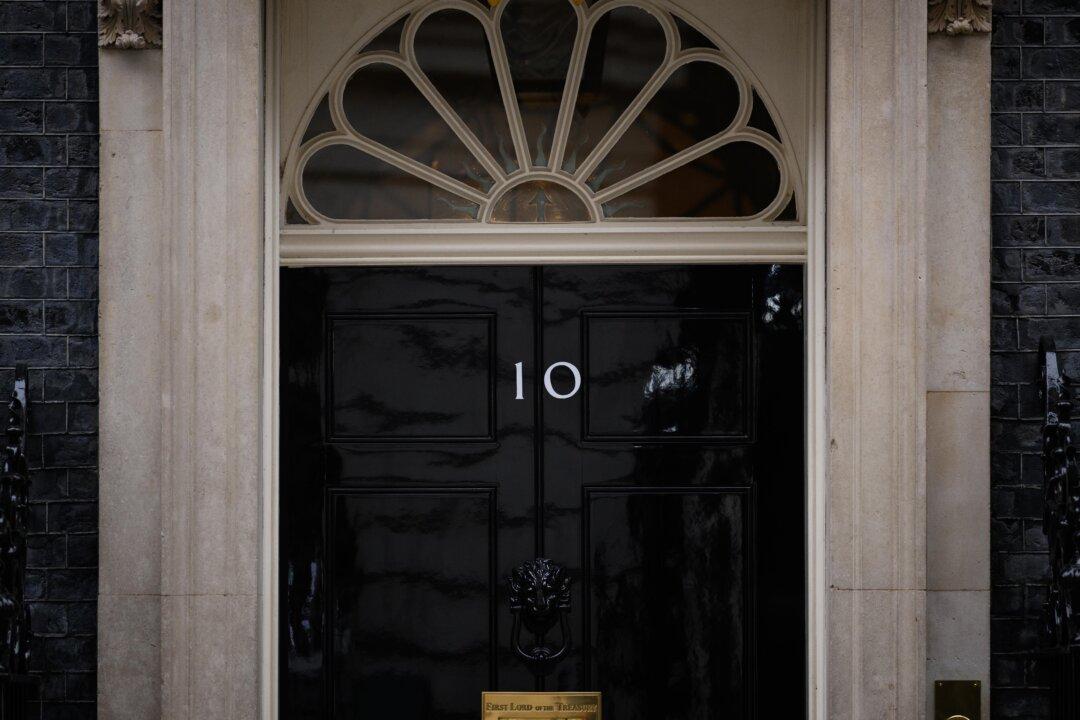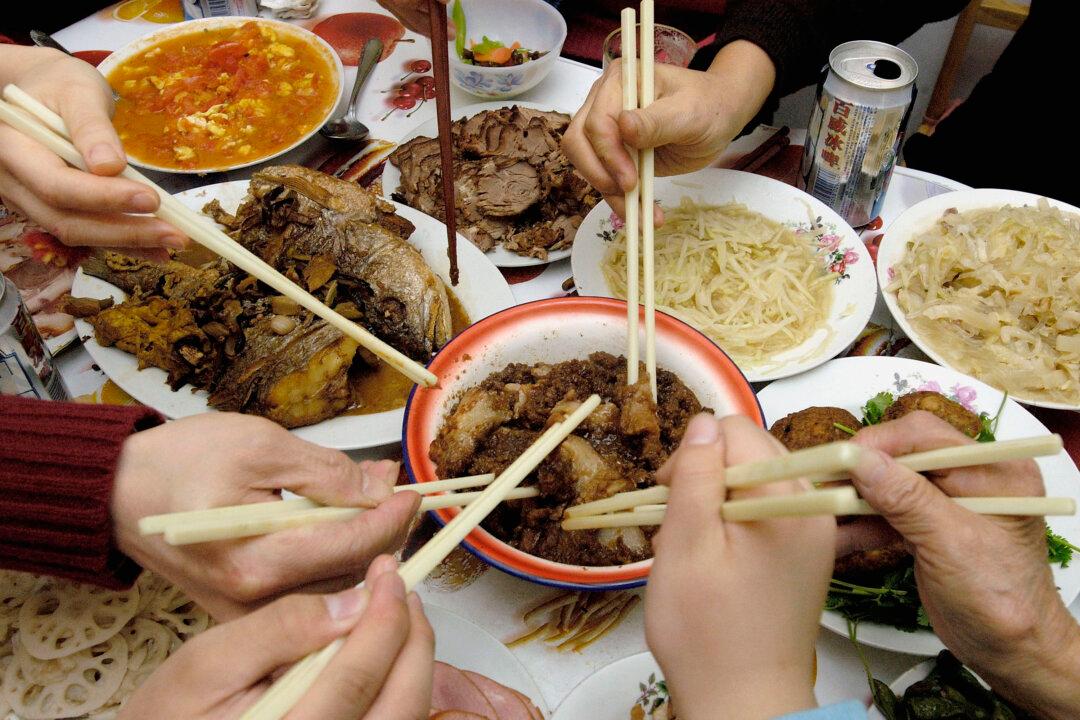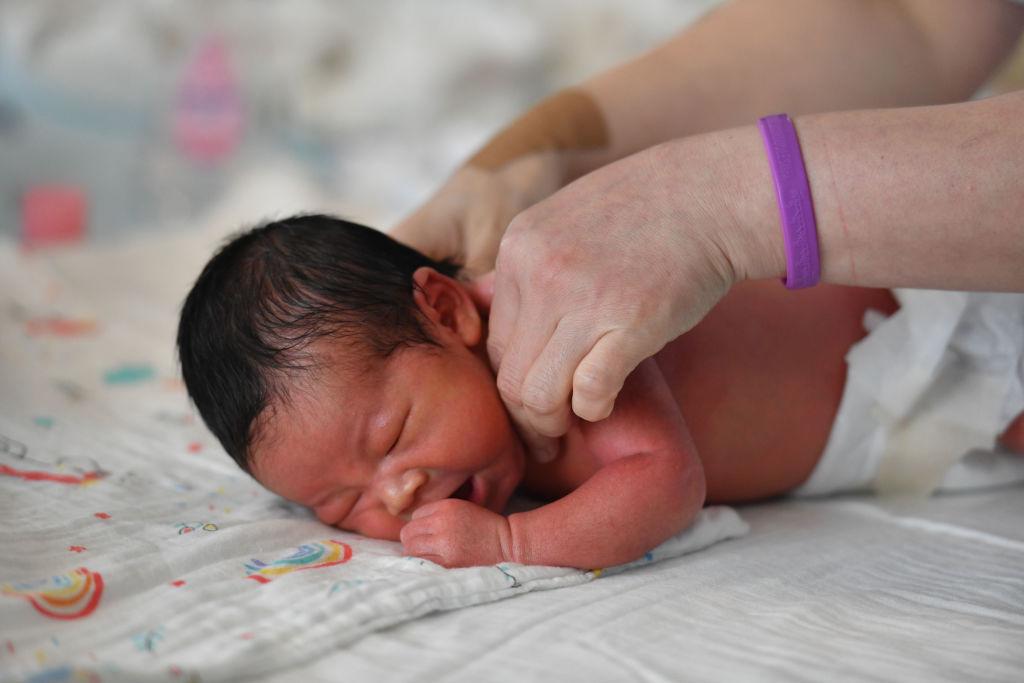The UK government’s internal inquiry into alleged lockdown-breaching parties in Downing Street has hit another bump as it was requested to make “minimal reference” to the events being investigated by police.
The highly anticipated inquiry, led by senior civil servant Sue Gray, has the potential to trigger a vote of no confidence against Prime Minister Boris Johnson, who admitted to being present at one of the gatherings for 25 minutes to “thank groups of staff” but said he believed it was a work event before Downing Street admitted Johnson was at a brief gathering after a meeting—which reportedly involved a cake—where staff wished the prime minister happy birthday.





